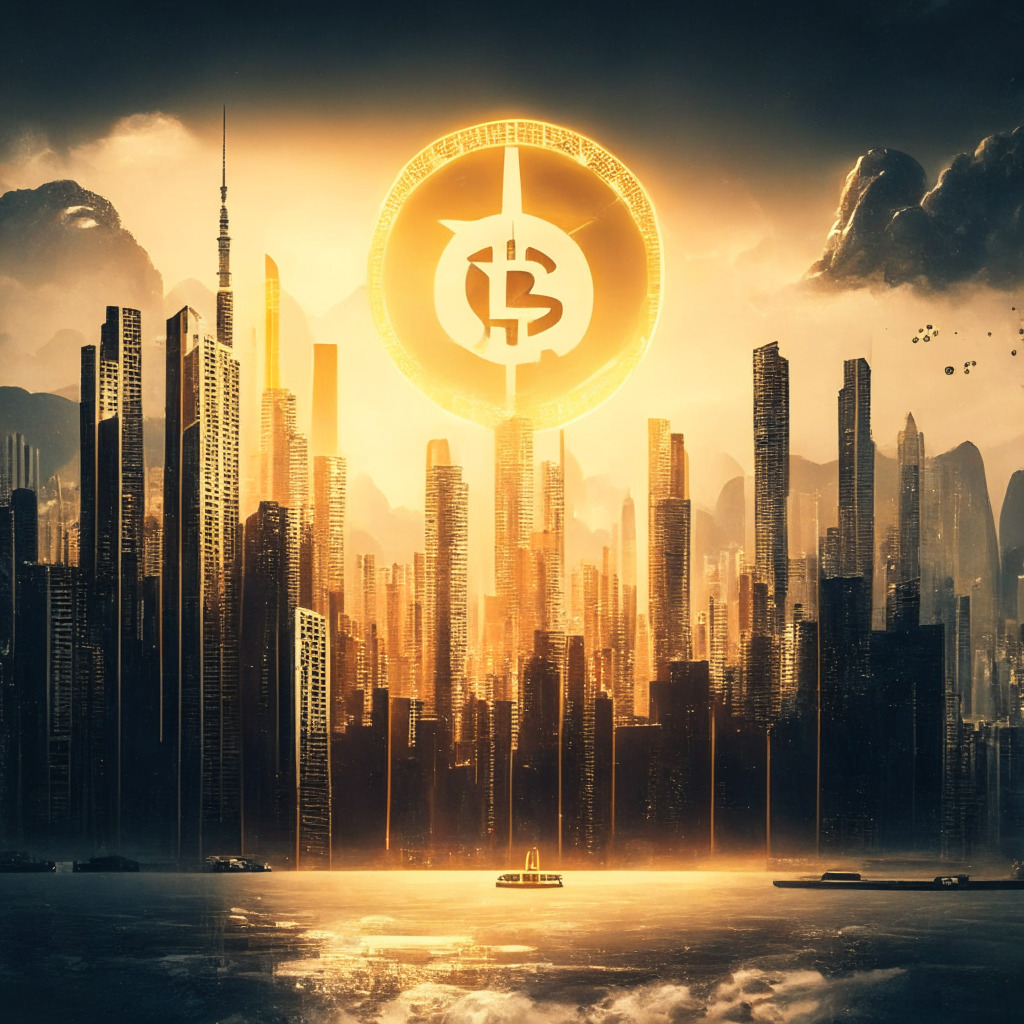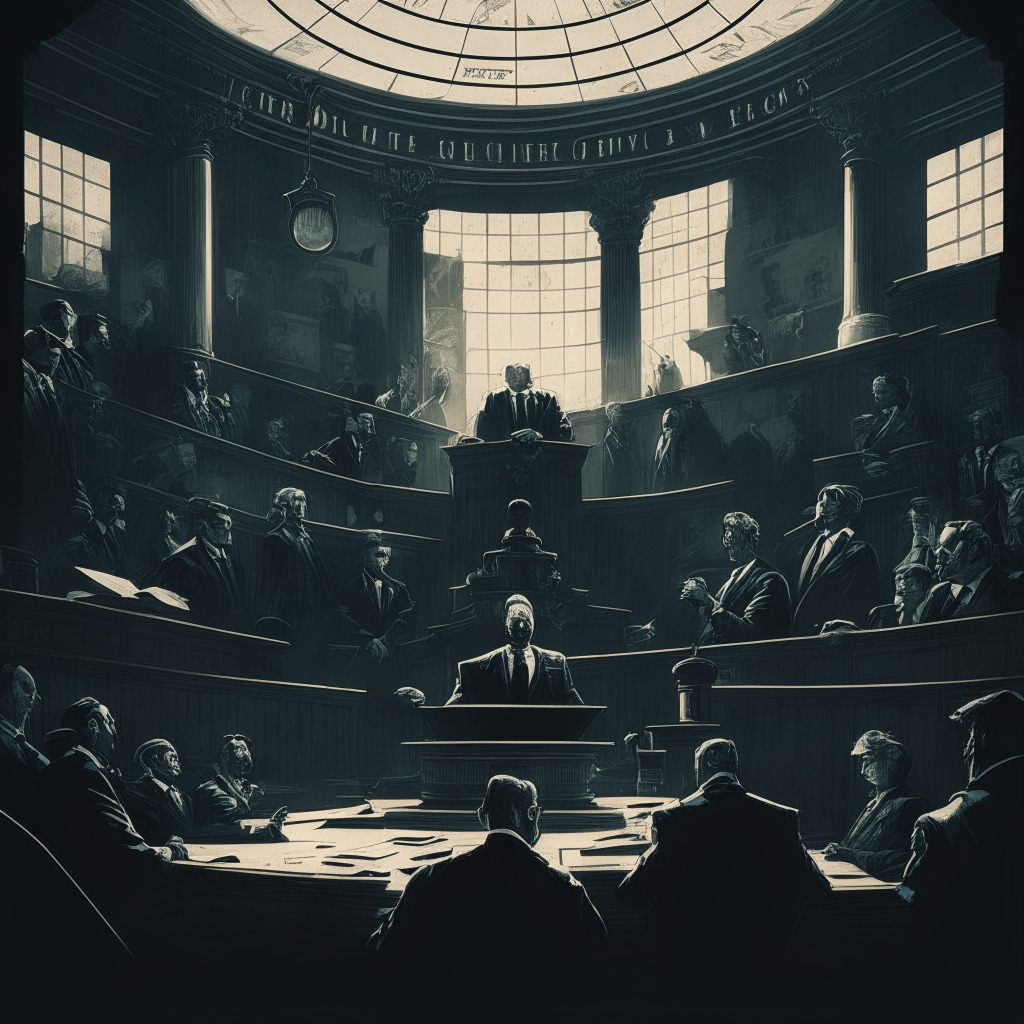In an intriguing turn of events, former FTX CEO Sam Bankman-Fried has made a request to the New York District Court for adjustments to his stringent bail conditions. Currently, visitors to his residence are subject to tight security checks and all visits are deeply monitored, leaving no room for a casual calling from “close friends”.
Penned by Bankman-Fried’s legal representatives, the letter submitted to Judge Lewis Kaplan seeks a relaxation of these stringent checks for individuals belonging to a particular, court-approved list. This list includes familiar faces such as close friends, colleagues of Bankman-Fried’s parents, as well as household help who regularly visit the home. In defense of their plea, the lawyers argued that the privacy and safety of those mentioned on the list outweighed any presumption of access.
Bankman-Fried’s bail conditions are far from ordinary, reflecting on his legal tangle. Currently, Bankman-Fried lives under conditions similar to house-arrest, sans the freedom of unrestricted internet access. He is only permitted to use a laptop with limited browsing capabilities, further restricted to court-approved sites.
Adding to considerations is the fact that Bankman-Fried is allowed use of a phone with limited functionalities, only capable of making and receiving calls and texts. These baffling conditions came into place after Bankman-Fried moved into his parent’s house following his bail in December 2022. Possibly, the serious nature of the conditions arises from the hefty collateral of $250 million that was posted against his bail.
Legal controversies around Bankman-Fried have raised multiple eyebrows. Currently, the ex-FTX CEO stands to face multiple charges and is to be tried in two separate trials, back-to-back. Unlike the normal pace of legal proceedings, five charges were split from the original filing and have been scheduled for hearing in a second trial starting on March 11, 2024.
While the outcome of Bankman-Fried’s legal trial remains a question mark, it marks an important debate over the future of blockchain regulations. Are current legal frameworks aptly equipped to handle complexities of cryptocurrency sector, or does this nascent industry require its regulatory system that is more in sync with the peculiarities of the crypto world? Either way, these regulatory questions are intertwined with the crypto future, and the eventual answers will shape the industry’s destiny.
Source: Cointelegraph




